Why Should You Make Your Own Soap?

Why should you make your own soap? This answer depends on a lot of factors, like what drives you to do things for yourself. Perhaps you want to shorten your supply chain or you are bothered by unnatural additives and suspect ingredients in your personal care products. Ultimately making your own soap gives you control!
Maybe you are just a creative and inquisitive person who wants to learn about old-fashioned homemaking skills. Perhaps you have a bit of a pioneer spirit and just love a handmade home!
Whatever your reason for learning to make soap, here are the answers to a few questions you may have before you get started!
This post contains affiliate links
Is Homemade Soap Better Than Storebought?
This answer depends on what your definition of better is. Homemade soap is actually real soap. What you buy at the store is often not “real” soap, it is a detergent.
Soap vs. Detergent
Detergents are cleansers that have swapped out natural animal fats for petroleum derivatives. Yikes! So, soaps are actually made with biodegradable ingredients like lye, oils, and fats. Detergents are made with synthetic chemicals like surfactants (which lower the surface tension of the water and the grease and dirt) and perfumes.
Homemade Soap and Ingredient Control
Homemade soap would be considered better if you prefer natural ingredients and if you know what your skin likes and doesn’t like. With homemade soap, you have control. You don’t have to assume that every “natural” ingredient is better, perhaps you have a known sensitivity to certain ingredients like almond oil or vitamin E. When you make your own soap you can choose not to use those ingredients and rather find or create recipes that use ingredients that you love!
Homemade Soap and The Homestead
When you have a small homestead or farm, you may feel motivated to use more of what you produce right there. For me, this is one of the biggest motivators for things like soap making. One of the first soaps I made used milk from our cow and tallow that I had rendered from our cattle. This makes the cost of soap making even cheaper!
Is Making Soap at Home Cheaper than Storebought?
This depends greatly on what type of soap you buy and where you buy it. It also depends on the ingredients that you use.
If you are making a basic soap using tallow or lard then the cost will be considerably cheaper than if you are making soap using mango butter and palm oil.
The one thing to consider is that your upfront cost of soapmaking will be fairly expensive. Most things like coconut oil, shea butter, palm oil, and lye are purchased in bulk. You won’t use up all of your ingredients in one or even two batches of soap. You will also want soap molds, although you can certainly get creative and find containers around the house that will work.
An immersion blender is super handy as is a digital scale. Both of those items can be used for other things but should still be considered an upfront cost.
Breakdown of Upfront Cost of Cold Process Soap Making at Home
- Digital Kitchen Scale– $10-$15
- Immersion Blender– $25-$100
- Sodium Hydroxide (Lye)-$14/2 lbs
- Coconut Oil-$15 per 56 oz shop around for the best price
- Shea Butter – $10/8oz. or Palm Oil $25/32 oz.
- Soap Mold– Around $15
- Olive Oil– around $8-$10 for a 48 oz bottle
- Essential Oils or Fragrance Oils-Costs vary widely but let’s say $5-$10
- Gloves– We like nitrile gloves as they are chemical resistant and hold up better than latex gloves. $25/100 gloves
- Goggles– Around $15
- Instant Read Thermometer-$10
Assuming you don’t have any of the ingredients or equipment on hand you can expect to spend around $150-$200 to get all set up for home soap making. Of course, you can bring that cost down by using basic ingredients like lard, or tallow. Also using plastic containers that you have already for molds can cut out some costs. Making your soap fragrance free will also cut down on upfront costs.
Is Making Soap at Home Safe?
Making soap at home can be safe. However, you are working with Lye which truly can be dangerous. Soapmaking should be done when you are free from distraction and when you are not in a huge rush.
Soapmaking is not terribly time-consuming when it comes down to mixing it, however, being in a rush usually doesn’t go well. At least it doesn’t for me!
Rushing things makes me prone to mistakes and sloppiness. Plan your time and do some prep ahead of time so that when you have a couple of hours at naptime or on a Saturday afternoon you will be ready. Please don’t let this list below freak you out. It is always important to know the risks, educate yourself and then follow the rules, but don’t let this list deter you from making soap!
Things to Consider When Working With Lye (Sodium Hydroxide)
Lye is caustic or alkali which means it has a high PH, this means it can burn your skin, hurt your eyes, or cause serious problems if ingested. When you make soap with lye you are conducting a chemical reaction. If you take this seriously and remember one very basic rule, you can safely make soap at home. The main rule is this, always add a chemical (lye) to water, never add water to a chemical. Adding water to a chemical can cause the heat expansion to be massive and truly cause an explosion.
You will always add your measured amount of sodium hydroxide (lye) to the water. Now, here are a few things to consider when working with lye.
- Never use aluminum, it doesn’t stand a chance with the lye, it will try to dissolve the aluminum.
- Don’t touch your face with your hands while making soap, pulling your hair back out of your face will help you to avoid the temptation.
- Wear eye protection…don’t worry about looking goofy!
- Wear nitrile gloves
- Work in a well-ventilated area. If you are in your kitchen, open a door or window, or step outside when you combine the lye and the water. This will cause a heat reaction and there will be fumes. Don’t stand directly over the container.
- Always add the lye to the water slowly
- Don’t become overly confident in your soapmaking, don’t take safety lightly
- Children should be closely supervised and younger children really just shouldn’t participate in soapmaking. (I’m referring to toddlers that just want to grab everything)
Making Soap at Home is Fun!
Ok, I know that is a blanket statement that can easily be disputed! Making soap at home is fun for people who have the time, and enthusiasm for creative endeavors! Making soap at home is also fun for people who desire to have more control over what products they are using in their homes.
If you like playing around in the kitchen and tweaking recipes then you will likely love soapmaking!
You will find soap-making fun if you enjoy making handmade gifts for others.
Soapmaking may be fun for you if you want to start a little cottage business selling handmade soap!
Making Soap at Home May Not Be Fun for Everyone!
If you are a mom knee-deep in toddlers and babies then soap making may not be fun for you! It might just be an added stress. Believe me, I was there about 10 years ago! I wanted so badly to make soap, I had a friend who also had a large family, and she and her daughters made soap together! I wanted to be just like her! She took the time to show me how, but when it came to doing it by myself it felt overwhelming. Nothing seemed to go right and with little ones running around I felt like it just wasn’t even safe. (I felt the same way about canning).
Five or ten years in parenting can make a huge difference. Many of my children are older and I can do these types of things at naptime. It used to be that naptime was used up preparing dinner or just keeping up around the house. We have a better handle on things now! You will get there too! So if you want to make soap but can’t fathom it right now…just wait a few years!
More Soapmaking Posts
Best Beginner Soapmaking Tutorials and Books
Simple Basic Beginner Soap Recipe with Shea Butter | Cold Process
Cow’s Milk and Tallow Soap Recipe | Cold Process
Planners, aprons, pillow covers, and kitchen towels!

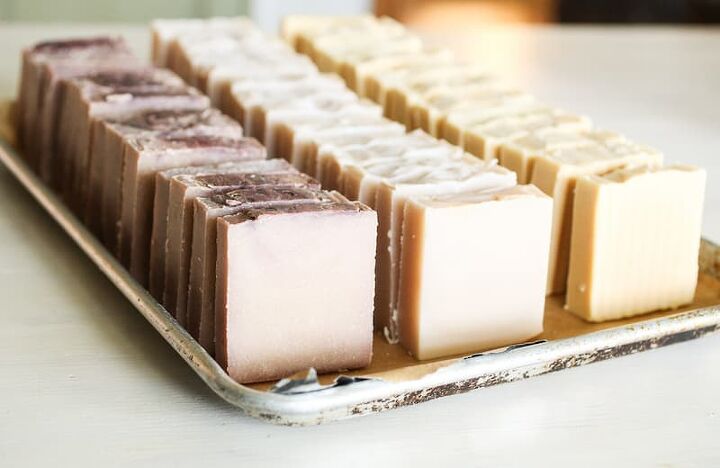





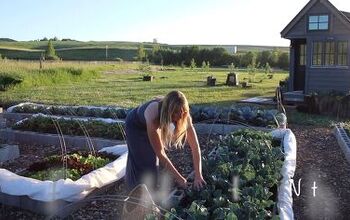
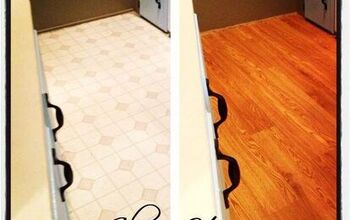
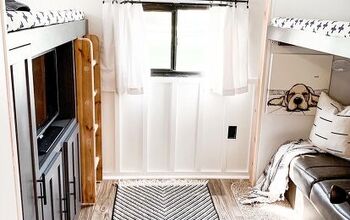

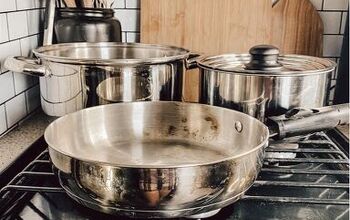
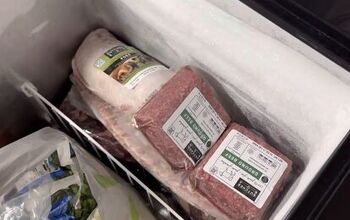


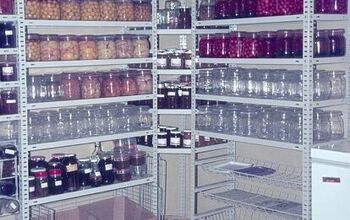

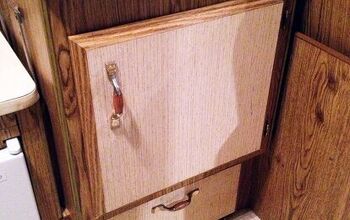
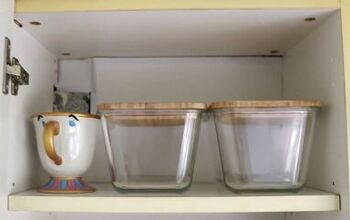



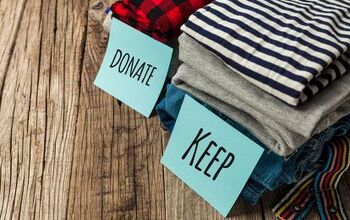
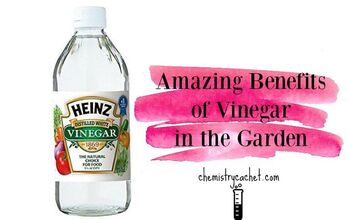
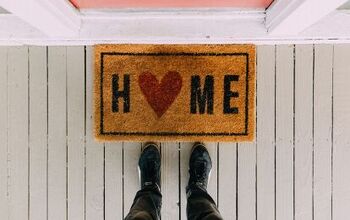
Comments
Join the conversation